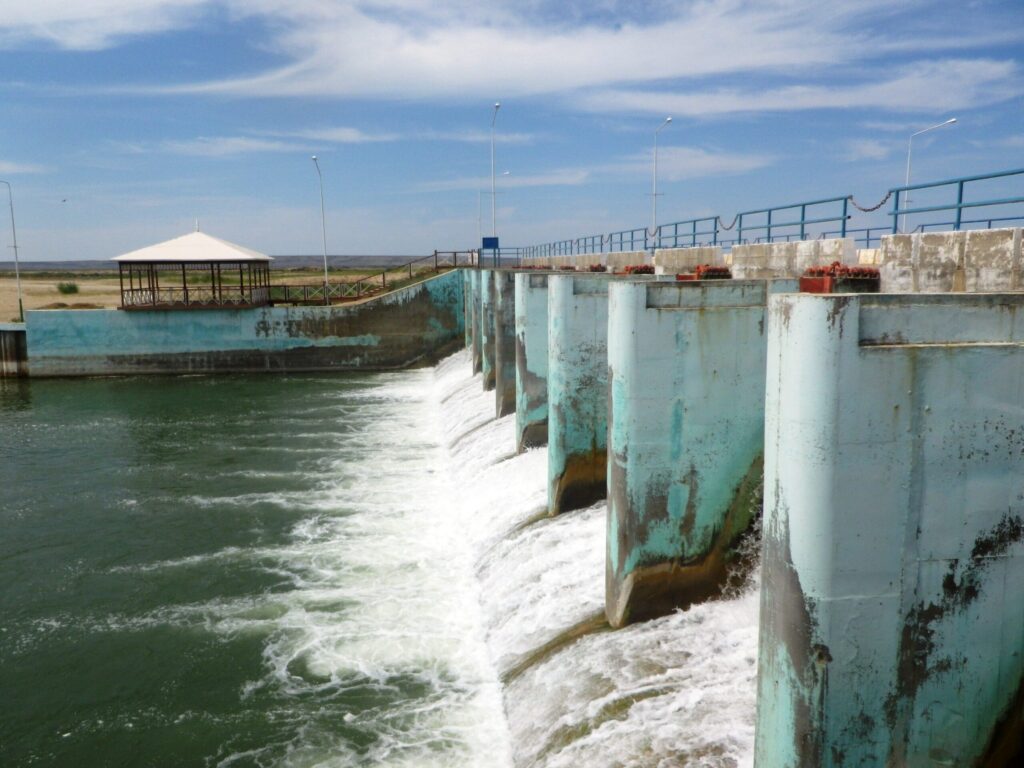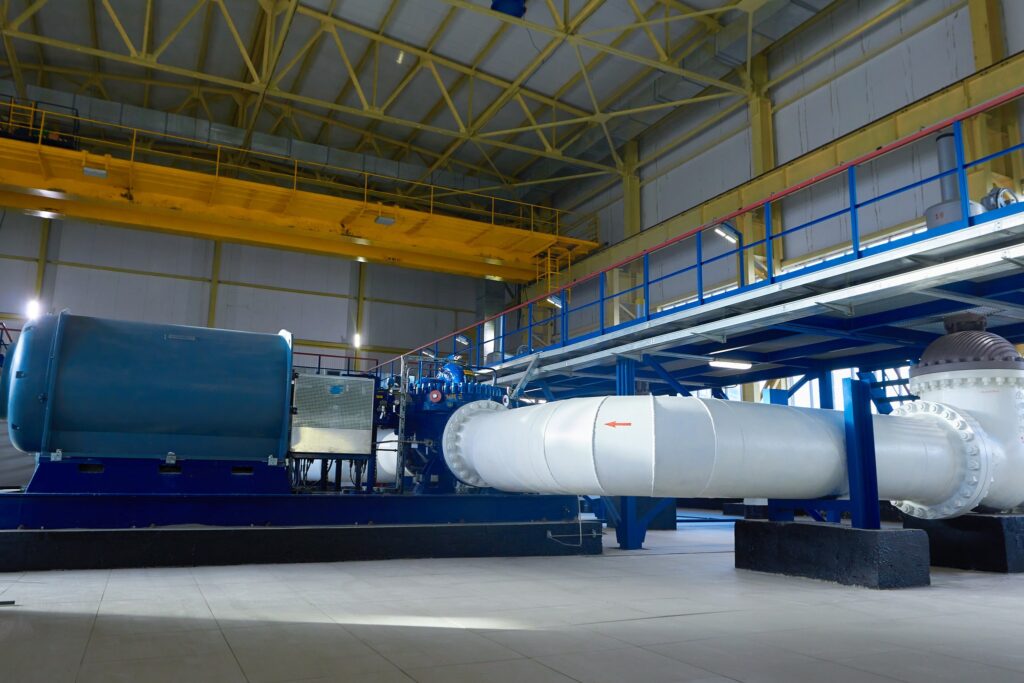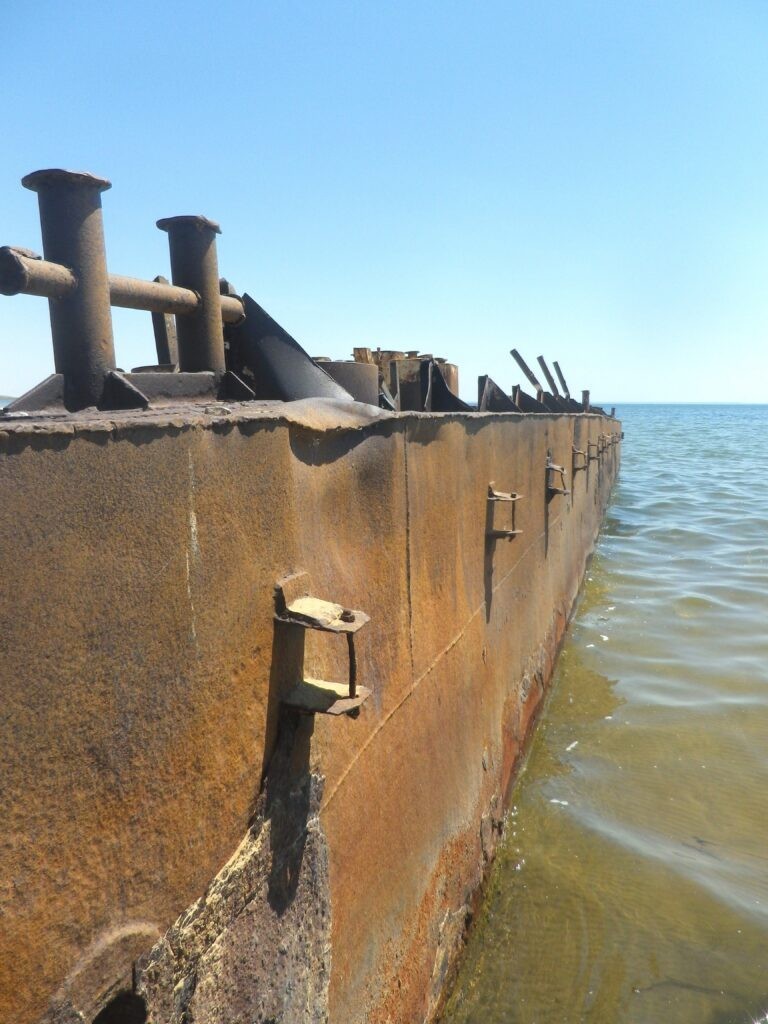On May 10, Uzbekistan President Shavkat Mirziyoyev was presented with proposed adaptations in agricultural practice and the more efficient use of land in the light of climate change. In Uzbekistan, 3 million hectares of pastural and agricultural land have been now degraded, and approximately 2 million hectares, salinized. According to experts, by 2030, water resources in the region are at risk of diminishing by almost 6 percent as a direct result of climate change. In response, Uzbekistan has developed a national program, for which over $294 million is anticipated in grant funding, to adapt agriculture to climate change and mitigate its impact. The initiative aims to improve the condition of 1 million hectares of agro-ecological landscape and degraded pastures in the Aral Sea region. Protective forest belts will be created in Karakalpakstan, as well as in Khorezm, Bukhara, and Kashkadarya regions and drought-resistant plants such as licorice, rose hips, and sesame, cultivated in areas where water is scarce. A center will be established to analyze and forecast climate change, and agrometeorological stations installed in five regions of the country. In cooperation with Italy, a further center with a nursery will be built for intensive seed cultivation alongside a farm for plants resistant to drought and salinity. Since the need to preserve water is particularly acute in areas surrounding the lower reaches of the river Amu Darya, subsidies are to be allocated for laser-leveling land in Karakalpakstan. Grain and rice producers will be reimbursed up to 100 percent of the fuel costs required to level land using a laser level, in a move to increase yields and reduce water consumption by 15-20 percent. The program also encourages farmers to build more greenhouses. In recent years, the spread of greenhouses has increased 2.6-fold, and the volume of produce grown in such, has more than tripled. The greenhouse sector currently provides 80,000 thousand permanent jobs and a further 70,000 seasonal posts. To increase the efficiency of greenhouse farms, the program proposes to reimburse greenhouse owners 50 percent of the costs of hiring qualified foreign agronomists, as well as up to 20 percent of the costs of coal heaters.






